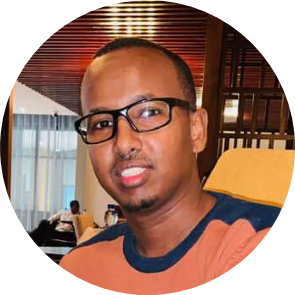This project builds on a collaboration with Save the Children that involved a randomised control trial in 2016-17 testing the impact on business performance of lumping unconditional cash transfers, labelling them as a “business grant”, and providing a week-long enterprise training programme as well as and the marginal effects of increasing the size of the transfers. The study measured the short-term (six months) effects on household income and on children’s wellbeing (Hassan et al, 2018 and 2019) and found positive impacts on enterprise ownership, management and the aggreagate value of the businesses. This project is intended to expand on the initial study to answer - 1) what are the medium-term (roughly two and a half years years) impacts of the labelling and transfer size variations on microenterprises managed by the beneficiaries, and 2) whether, and how, the impacts on the growth and profitability of the businesses vary based on the clan networks of the beneficiaries? To answer these questions, Munshi Sulaiman and Mohamed Kalid Ali will conduct a follow-up survey of the households and expand on the survey tools to include details on enterprise management and information of clan networks in business transactions.
While the first research question of sustainability of the effects of the intervention two and a half years later is relatively straightforward, analysing the role of clan networks is more complex. The researchers plan to have an exploratory phase where they will do qualitative interviews to understand the relevance of clan networks in the enterprise management of the sample's businesses. From this, they will expand the original questionnaire to collect more detailed information on business relationships (i.e. from whom do they source their inputs and who their customer bases are) and what share of these relationships are with members of their own clan and sub-clan. This will be supplemented by additional subjective information on clan relationships in their community.
The study is implemented in Somalia, known for its fragility and ongoing conflict. Clan dynamics are often mentioned as one of the major sources of the conflict and the research will establish whether and how clan network is embedded in microenterprise management. The research will help determine how humanitarian efforts involving the distribution of cash transfers can be conducted more effectively for the purposes of resilience and peace building. This priority is highlighted in “cash plus” initiatives that are being undertaken by the development and humanitarian practitioners working in Somalia.





